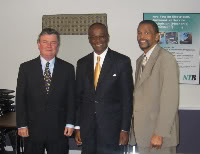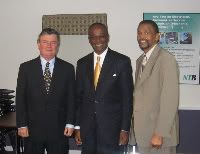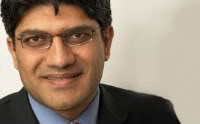Comments to "GM and the Chevy Volt – Can They Be Trusted?"

I notice how many people use metaphors and other comparisons to make their point.
“The EV industry is in the same state as the auto industry was when man carved wheels out of rock,” one writes, in an effort to show how much further the relevant technologies are bound to improve. Not bad; I can see that.
Then you have a guy who refers to “Who Killed The Electric Car” as “propaganda” and compares it to the work of Joseph Goebbels in Nazi Germany. I don’t know, pal. Everyone’s entitled to his own opinion, and I appreciate your flair for the dramatic, but that’s really out there.
One reader worked hard to make the case against distributed power generation, and found an original way to point out the need for scalability that comes from centralization. “Do you raise your own sheep for wool, and cows for slaughter?” he asks. That’s some creative reasoning, but spurious as an analogy.
In any case, I love the dialog. Let’s keep it flowing.




![[The Vector] Solar Homes Sold Faster and Better, Says NREL](http://2greenenergy.com/wp-content/uploads/2010/11/solar-panels-on-home-150x150.jpg) The National Renewable Energy Laboratory (NREL) published an extensive report (in excess of 400 pages –
The National Renewable Energy Laboratory (NREL) published an extensive report (in excess of 400 pages – 





![[The Vector] Solar: Make Your Case!](http://2greenenergy.com/wp-content/uploads/2010/11/Carville-and-Matalin-courtesy-architectural-digest.jpg)


